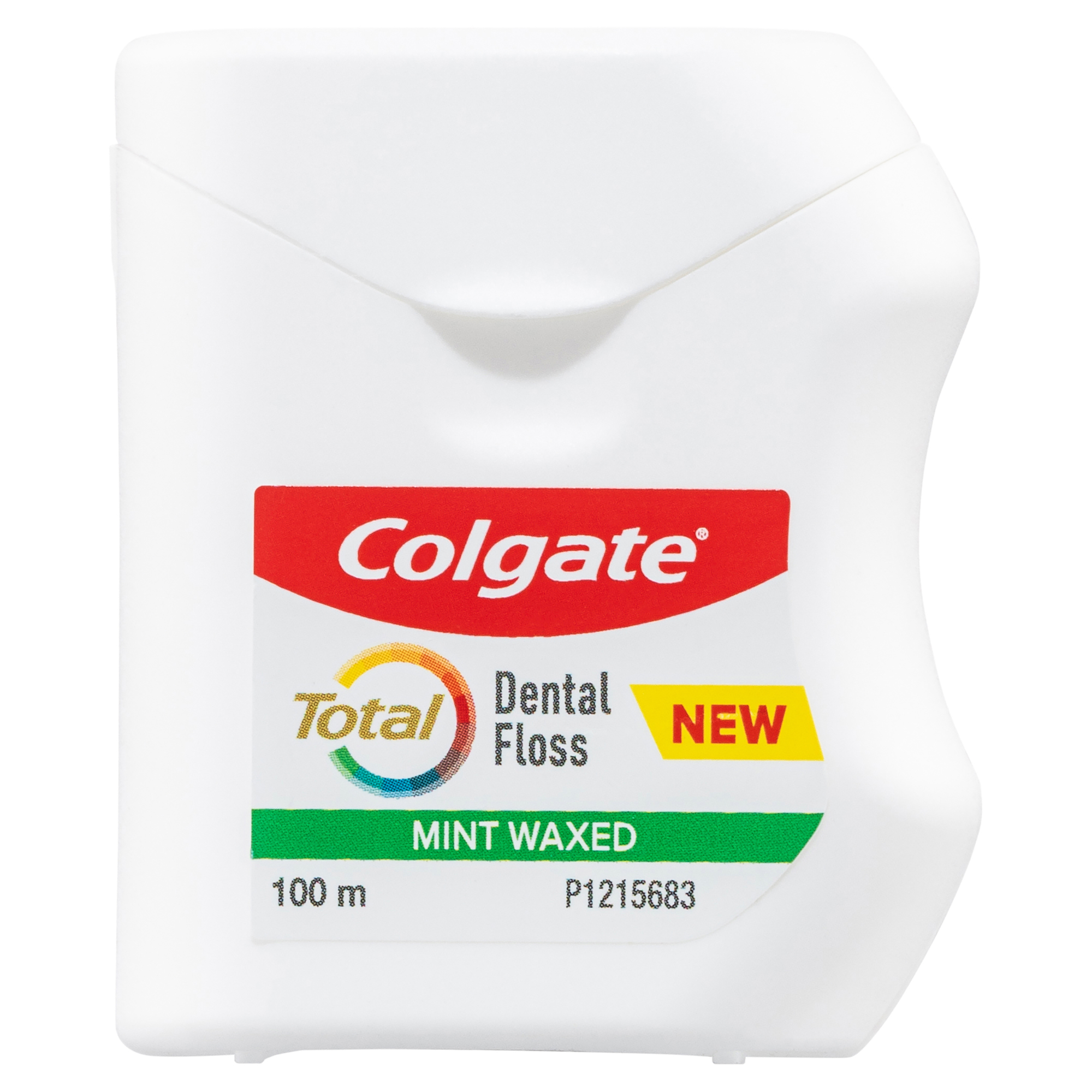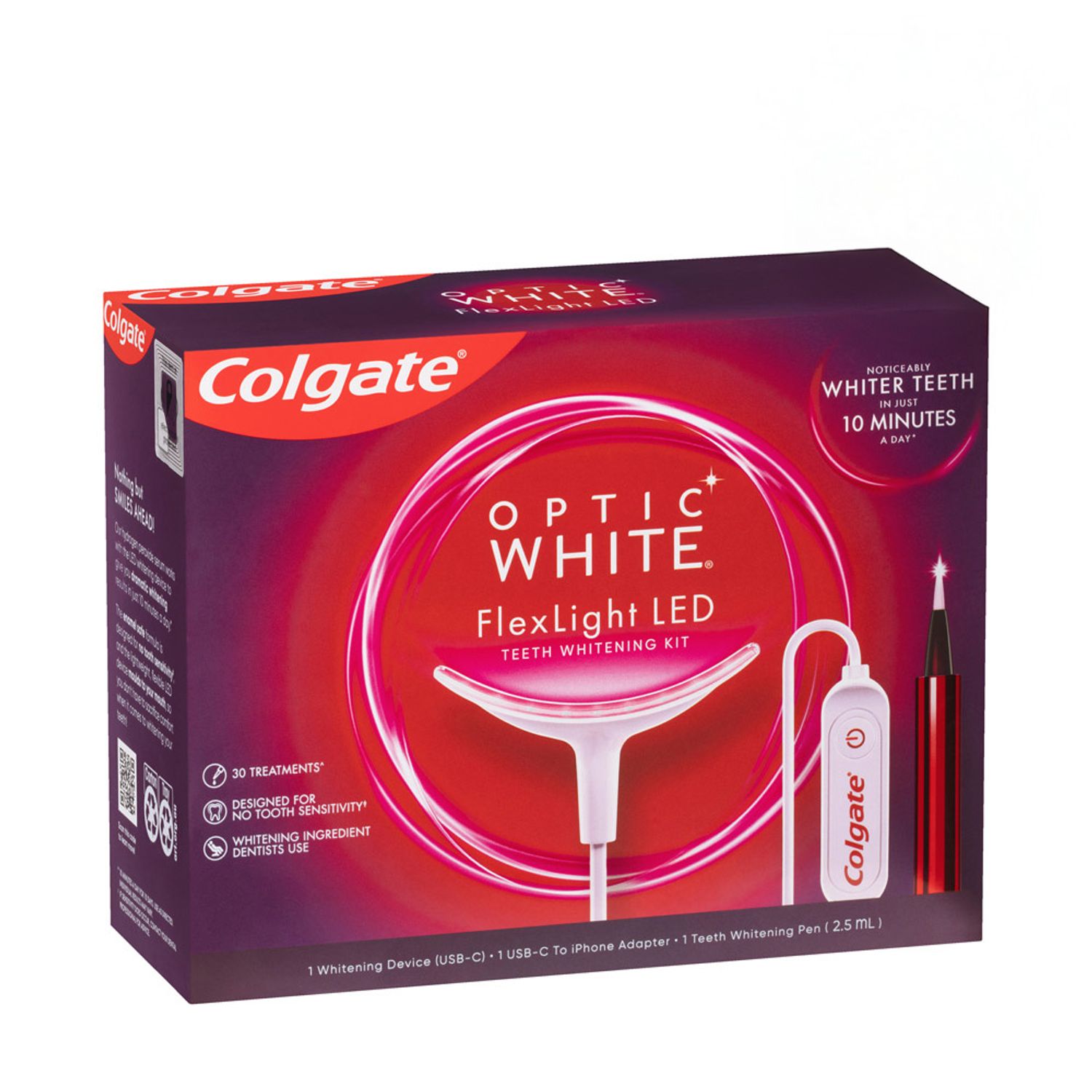-
-

BRUSHING & FLOSSING
How to BrushWhat Is the Right Way to Brush?
Proper brushing takes at least two minutes — that's right, 120 seconds!...

BRUSHING & FLOSSING
How To FlossWhat is the Right Way to Floss?
Proper flossing removes plaque and food particles in places where a toothbrush cannot easily reach... -
Science & Innovation
- Home
- Oral Health
- Trimethylaminuria & That Fishy Odour


No one wants to have bad breath – it can be social embarrassing in any situation. Fortunately though, it can usually be controlled with good oral hygiene or watching what we eat and drink. But in rare instances, it can be a systemic problem – it comes from within the body. One such cause is the genetic disease called trimethylaminuria. According to The Clinical Biochemist, NZ, this is a metabolic disorder of the gastrointestinal tract, which results in the sufferer producing a fishy breath and body odour. Here's what you need to know about the disorder and how it affects those who have it.
Genetics
If you have trimethylaminuria, you have an inherited enzyme deficiency. Mutations within the FM03 gene cause most (but not all) cases of trimethylaminuria. Bacteria in the stomach produce trimethylamine (TMA) from the reduction of compounds such as trimethylamine-N-oxide (TMAO) and choline. TMA has a fishy odour, but it is typically converted back into odourless TMAO in the liver by the FMO3 enzyme.
But suppose you are deficient in the FMO3 enzyme. In that case, there is an accumulation of trimethylamine, which eventually excretes in the urine, sweat and breath - causing an odour with a distinct fishy smell. This unpleasant combination of a fishy bad breath and body odour can cause the sufferer considerable embarrassment and emotional distress.
Trimethylaminuria diagnosis & treatment
To determine a diagnosis, your physician must rule out other disorders that may be causing an uncontrollable body odour. Your doctor will probably organise a urine sample for analysis to determine trimethylamine and trimethylamine-N-oxide levels. Genetic testing is available for FM03 (the gene known to cause trimethylaminuria). However, it is arguable whether this helps with the diagnosis. According to Dermnet NZ, this is generally only done for research purposes.
Although there is no cure for trimethylaminuria, fortunately, the symptoms can be controlled. Symptoms are managed through diet adjustments, such as avoiding fish and other foods high in trimethylamine-N-oxide. Sometimes antibiotics are prescribed to attempt to correct your stomach's flora (bacteria). Also, activated charcoal can be used to try to bind the trimethylamine in the stomach.
Effects on your oral health
While there is no known or documented negative effect of trimethylaminuria on the teeth or gums, it can cause a fishy breath. The tongue is the area most likely to host bacteria that cause bad breath, so a toothbrush with a built-in tongue scraper can help scrub away this bacteria.
If you think you may suffer from this condition, try not to hide away. Remember, it is a medical problem that can be managed with help and advice from your doctor. So reach out and speak to your doctor soon – the right advice could significantly improve your quality of life.
This article is intended to promote understanding of and knowledge about general oral health topics. It is not intended to be a substitute for professional advice, diagnosis or treatment. Always seek the advice of your dentist or other qualified healthcare provider with any questions you may have regarding a medical condition or treatment.
Related Products

Helping dental professionals
More professionals across the world trust Colgate. Find resources, products, and information to give your patients a healthier future











